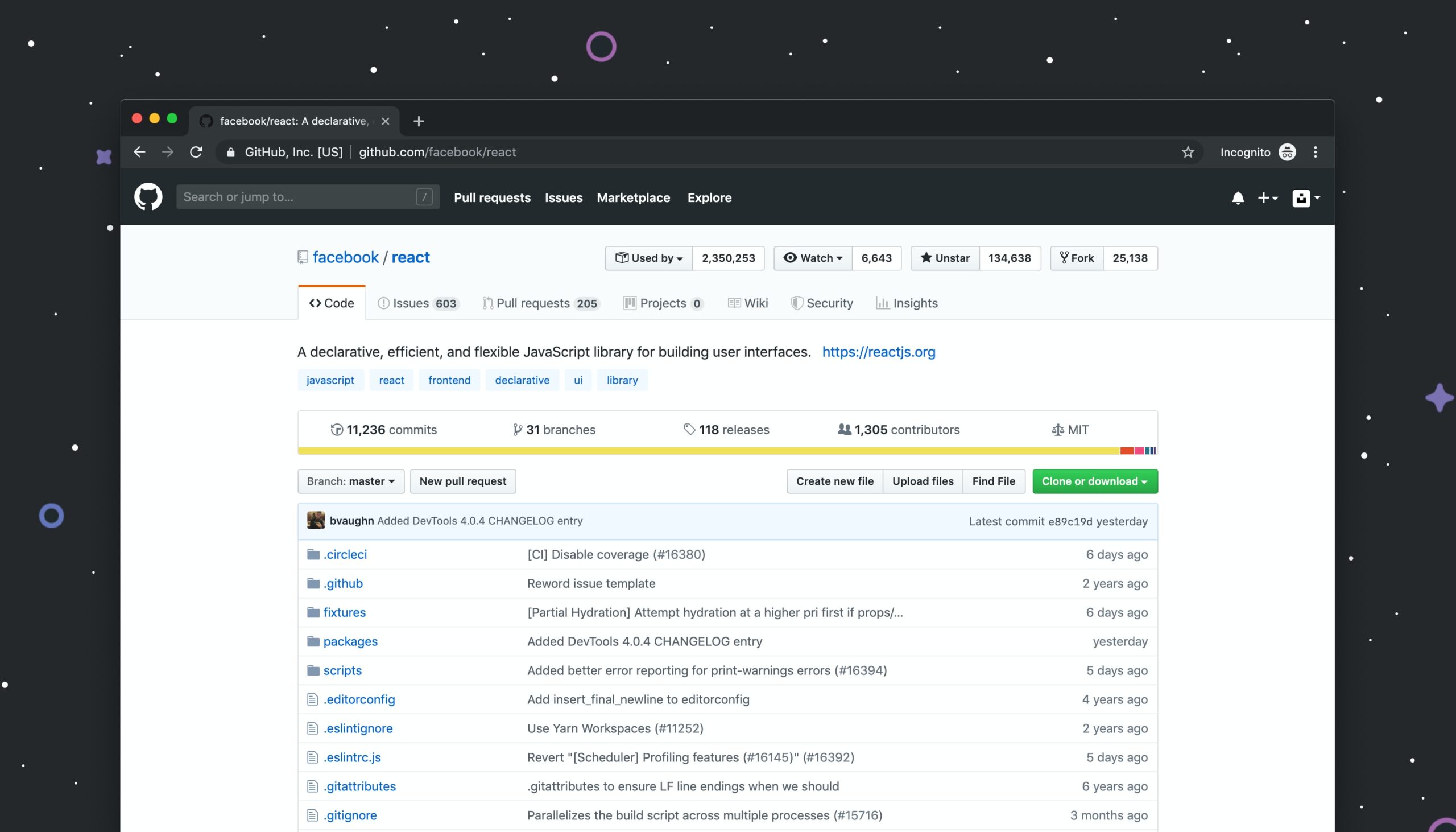The process of websites taking internet users’ data is a transactional one. We all have been introduced to a services and conditions/terms and conditions type of list once we entered a website. Every time, these sites ask us to accept cookies and give them access to our data. Most of these websites make this process mandatory, not allowing us to reject these conditions. Others do allow us to accept or choose without kicking us out of the site.
The Nature of Transactions
The transactional nature of forcing users to transmit their privacy to the site owners is a sneaky one. The site runners promise users that their right to privacy is important to them, but in the same vein will still force the user to compromise their personal information for the services. Mike Markel touches on this in ‘The Rhetoric of Misdirection in Corporate Privacy-Policy Statements’. He points out the contradictory nature of privacy-policy statements, bringing focus to how companies will seemingly show concern for their customers’ privacy while simultaneously making their own business interests the main priority. As a result, the customers and users have very little to no agency in protecting their personal information while still being able to use the services they want to.
Inefficient Algorithms

Users of internet services and other services are at a severe disadvantage when it comes to the transactional transmission of their personal data. In order for a browser to remember one’s digital footprint it will need to collect cookies. But by doing this the user’s information will also be unknowingly recorded by other sites that they visit. Google does this all the time and the results involve a random algorithm. YouTube is also guilty of this, as this site/application will collect data from sign-in users and guest users. An online website is often inefficient at curating an appropriate algorithm for a user, yet collecting their information is always easy for them. These companies’ priorities need big time fixing, but they need to be influenced into changing their priorities.





Leave a Reply